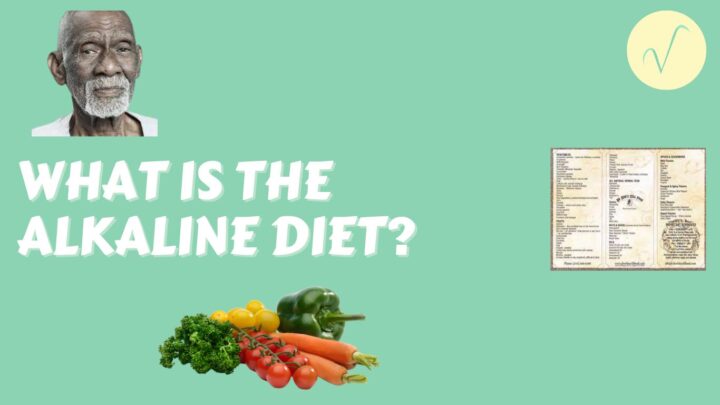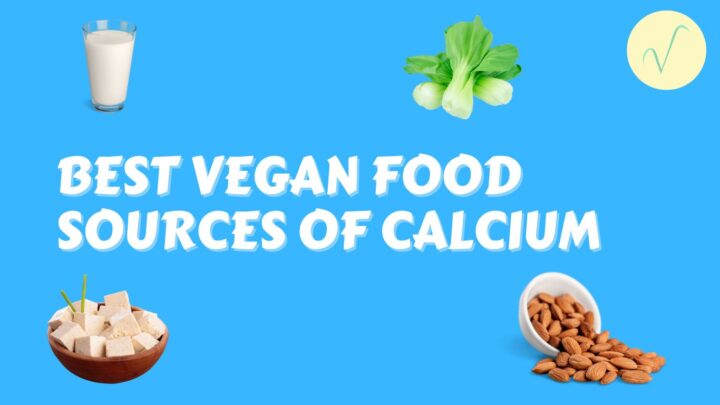As a vegan, what keeps you vegan is a good amount of variety on your diet, eating anything from greens to veggies and even sprouted foods.
Sprouted veggies are living foods, typically sprouted from a grain or seed. This article is going to cover the benefits of eating sprouted foods.
What are sprouted foods?
Sprouted foods are typically grains or legumes. Those of which are germinated, soaked and drained over a few days resulting in seeds and grains with long, crunchy stems. This is done to improve the digestibility & amount of nutrients available in food.
Sprouting foods like legumes and grains are a great way to enjoy the nutrients in those foods whilst also not cooking them, particularly for raw vegans.

Source: //www.pinterest.co.uk/pin/858358010212110451/
Examples of sprouted foods:
Alfafa, broccoli, fenugreek, lentil, mustard, mung beans, sprouts. Standard beansprouts in supermarkets also count towards sprouted foods.
Is it safe to eat sprouts?
Sprouts, much like any other fresh produce consumed raw, can still have the risk of harbouring a food-borne illness.
The warm, moist conditions that are involved in the growing of sprouts are ideal for bacteria to spread, such as E.coli, salmonella, etc. More from the NHS.

Benefits of eating sprouts
That being said, sprouts are arguably highly beneficial to your health. Let’s go through a few of the health benefits of sprouts.
Higher nutrient bioavailability
Studies show than when grains and seeds were sprouted, higher concentrations of minerals, vitamins and overall nutrients were reported.
Another study also looked into sprouting grains and reported increased bio-accessibility of minerals due to reduced anti nutrients like phytates, tanins and oxalates.
Research does not support the same theory for nuts however.

To get rid of anti nutrients
Anti nutrients are compounds found in foods such as beans and legumes, that are said to inhibit absorption of nutrients.
Examples of anti nutrients include lectins, phytates and tannins.
Phytates, such as phytic acid, can lead to insoluble salt build up, resulting in poor bioavailability of nutrients, studies show.
The main reason we soak and sprout legumes being to get rid of these compounds that bind to vitamins and minerals, preventing your body’s absorption of them.

Digestive benefits of sprouts
Sprouted foods also come with digestive benefits. The insoluble fiber within sprouts works to ease digestion, as well as reducing constipation.
With the reduction of the excessive anti nutrients you can expect better nutrient absorption.
According to Healthline, sprouts helps to up the amount of insoluble fibre that helps form stool and it’s movement through the gut, ultimately helping prevent constipation.

The benefits of sprouted foods
We hope you enjoyed this post on the benefits of sprouted foods. I hope we answered any pressing questions you may have on the matter.
Feel free to drop a comment with your thoughts and share with a friend if you’ve gained valuable insight, thanks for dropping by.




